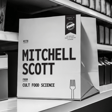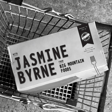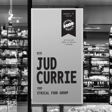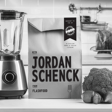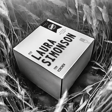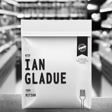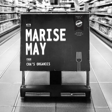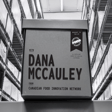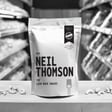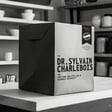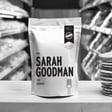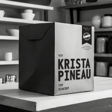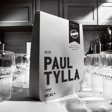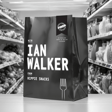
Michael Lines | SimplyProtein
In this episode I’m joined by Michael Lines, CEO of SimplyProtein, a brand making waves in the better-for-you snacking space with their approachable, high-protein, plant-based products.
With the rise of protein consumption trends, including the impact of GLP-1 medications and consumers seeking clean, functional foods, SimplyProtein is proving that better nutrition doesn’t have to come at the cost of taste or accessibility.
Michael and I chat through his teams’ dedication to organic food making, their B Corp certification, how they are connecting their mission to their brand, and even the unexpected success of their plant-based protein tortilla chips.
To learn more go to https://simplyprotein.ca/
To learn more about who’s behind this podcast and how we help food and beverage brands grow faster, visit https://www.ethicalfoodgroup.com/.
Here’s a summary of this interview:
The Future of Food is Personalized Nutrition: Michael sees a future where food is no longer confusing for consumers, thanks to innovations in personalized nutrition that tailor dietary choices to individual health needs.
Simply Protein’s Mission & Growth: Originally known for its protein bars, SimplyProtein has expanded into ready-to-drink shakes, indulgent snacks, and its most successful innovation to date—plant-based pea protein tortilla chips.
The Wild Success of Protein Chips: SimplyProtein’s tortilla chips have quickly become their top-rated product on Amazon, exceeding expectations in both Canada and the U.S., proving that consumers want high-protein snacks that don’t sacrifice taste.
Cracking the Competitive Chip Aisle: Entering the snack aisle is notoriously difficult, but Michael credits the rising consumer demand for protein-rich foods and retailers actively carving out shelf space for better-for-you options as game changers.
GLP-1 Medications & the Protein Boom: The rise of weight-loss drugs like Ozempic has fueled a massive shift toward protein consumption, making digestible, plant-based options even more critical for consumers struggling to meet their nutritional needs.
Plant-Based Protein’s Strengths: SimplyProtein primarily uses soy and North American-grown pea protein to deliver all nine essential amino acids, making their snacks a strong choice for both fitness enthusiasts and everyday consumers.
B Corp Certification & Authenticity: SimplyProtein became B Corp certified organically, without needing to restructure operations. Their high score of 94.3 reflects their longstanding commitment to sustainability, governance, and community initiatives.
Tackling the U.S. Market: Expanding into the U.S. has been tough, requiring SimplyProtein to refine their branding and push harder to break through in an ultra-competitive space—but they’ve already won major distributor recognition for their impact.
The Importance of Connecting Mission to Brand: Michael emphasizes that brands must align their mission, brand identity, and products—otherwise, consumers will see through any lack of authenticity.
Celebrating, Not Just Marketing, Philanthropy: SimplyProtein donates over 6% of profits to food insecurity initiatives but hasn’t publicized it. Michael reflects on the importance of sharing impact in a way that feels genuine rather than promotional.

